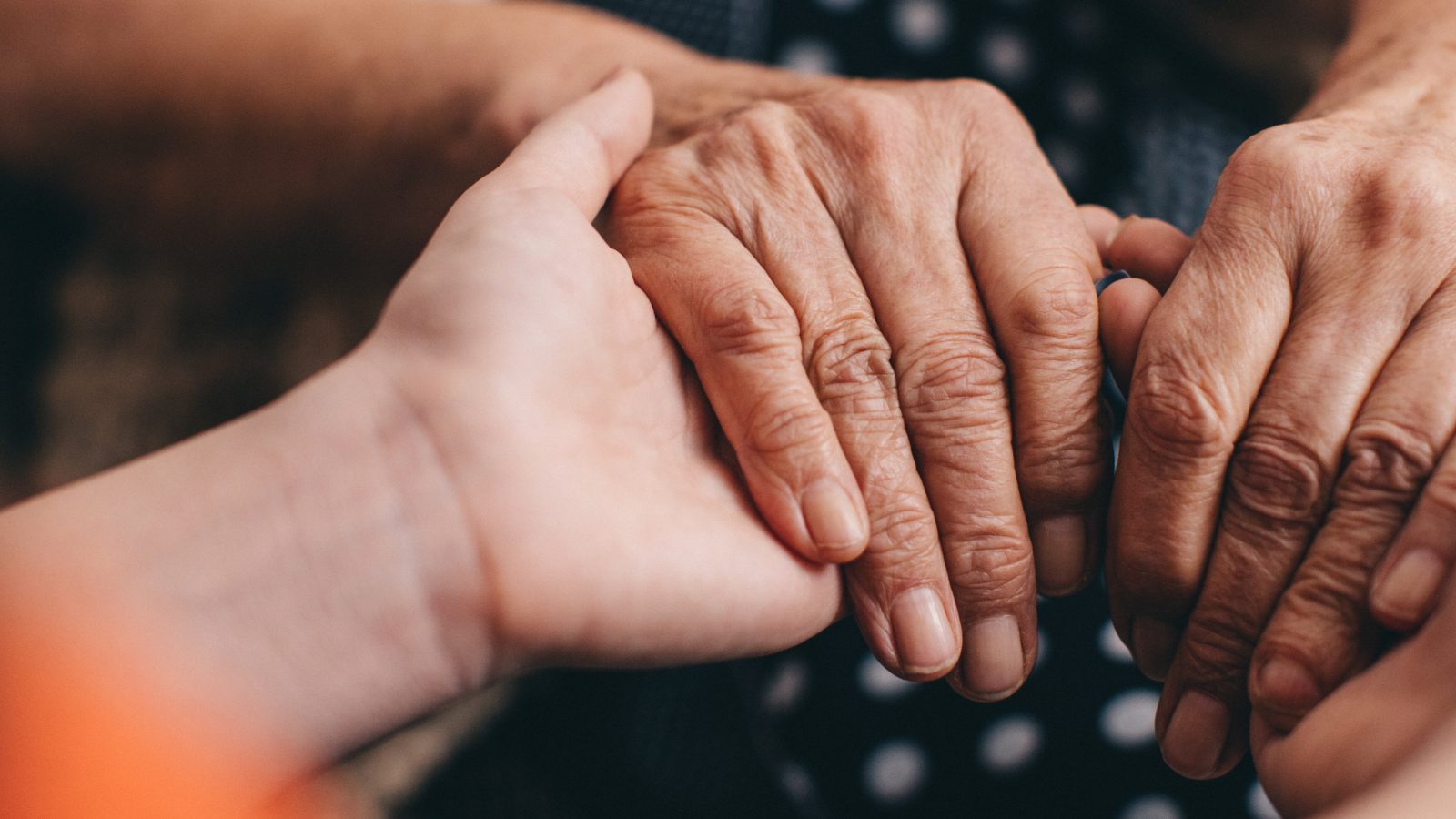
Three decades ago, Marlene McCarthy was diagnosed with breast cancer at the age of 44. She then spent many years in doctors’ offices and clinics, enduring multiple treatments and therapies and suffering intense chronic pain.
A few years ago, Marlene’s primary care physician recommended palliative care, leading her to Dr. Jennifer Ritzau of HopeHealth.
“From when I first called and made the appointment with Dr. Jenny Ritzau, I could not have been more pleased,” McCarthy says. “I’ve seen a lot of doctors in my time. She was extraordinarily warm, welcoming and positive in her approach to how she was going to give me a better quality of life.”
Marlene adds that Dr. Ritzau gave her the clearest understanding of the complexities of pain and how to approach it strategically.
“She explained to both my husband and I the partnership between pain and advanced disease, how if you can treat the pain, you can treat the level of the disease. She was so thorough it was almost like an anatomy lesson, but she made it fully understandable,” Marlene says.
“A doorway to improving life”
Like many patients, the McCarthys initially were leery of the term “palliative care,” which many people commonly mistake for hospice care.
“When I told people I was going to palliative care, they expressed pity. I came to understand that it’s a doorway to improving life, not the doorway to death. It fuels me with information and education that empowers me to keep moving forward.”
She was particularly impressed with how palliative care helped her whole family.
“Cancer is a family disease,” she explains. “My four children and my husband are very involved. They all go to appointments with me and leave with the satisfaction of having learned something helpful. We all feel supported!”
Marlene is the co-founder of the Rhode Island Breast Cancer Coalition and sees women daily who rush from appointment to appointment, “just doing the doggie paddle to stay afloat.” She wishes more of them would take advantage of the palliative approach.
Taking ownership of your health
Marlene says that with metastatic cancer, “so much is out of your control. But when you understand how everything works, you can take more ownership of the process and how much pain you can tolerate.”
“Yes, I’m terminal,” McCarthy reflects. “But aren’t we all? I don’t feel any closer to the end than my next-door neighbor. But I am deeply grateful for how much my life has been enriched by the palliative care experience.”
To learn more about palliative care, contact us at (844) 671-HOPE or Information@HopeHealthCo.org.

